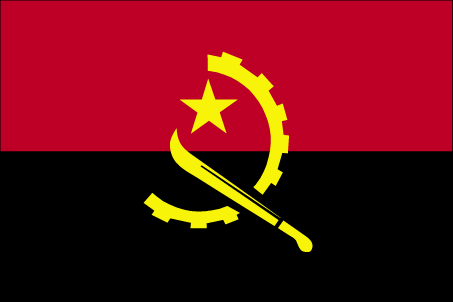
Source: World Bank
Angolan business people are somewhat formal and business communication tends to be restrained.
Angolans strive to please others and as a result have a tendency to say what they think the other person wants to hear. It is often difficult to get definite answers to questions, especially if the response would be negative. You may get a ‘yes’ when the answer is actually ‘no’. It is important to watch for evasions or half statements. Rather than accept assurances at face value it may be prudent to ask for specifics so that both sides have the same understanding of what statements mean.
Since Angolans prefer to do business with those they know and trust, they spend a great deal of time on relationship building. It is important to devote sufficient time to nurturing a relationship before pressing on to the business at hand.
Communication is formal and follows established rules of protocols. Angolans do not interrupt others who are speaking and expect to be afforded the same courtesy in return. Interrupting someone, especially if they are more senior to you in age or position, is a serious breach of etiquette. Angolans use head and arm gestures to emphasize both positive and negative messages and can become very animated at times.
Angolans do not require a great deal of personal space when conversing. If you back away, you may give offense or the person may step forward to close the gap. When speaking with someone at your own level, direct eye contact means that you are sincere.
When speaking to someone who is senior to you in age or position, indirect eye contact demonstrates respect. In general, women do not make direct eye contact when conversing with men, although this is changing.
Business Meetings
The first meeting is often used to get better acquainted and business may not be discussed. Angolans prefer to do business with people they know and trust, therefore, the first meeting is often used to determine if you are the type of person with whom they would want to conduct business. This getting-to-know-you conversation is an important part of business and should not be rushed.
Meetings are not always as private as they are in many other cultures. In fact, it may appear that there are several meetings taking place in the same room.
Agendas are not part of the business culture. If provided, they generally act as a starting point for discussions rather than an itemized list of what will be covered. Attempting to rigidly adhere to an agenda is not recommended, unless you are meeting with the petroleum industry.
Meetings have a formal ambiance. It is suggested that you not remove your suit jacket unless invited to do so, as this is seen as too casual. A strong Portuguese influence remains prevalent in Luanda and adhering to such behaviour demonstrates respect to the people with whom you are meeting.